
Indonesian Minister of Foreign Affairs Retno Marsudi.
Jakarta, MINA – Two Indonesians kidnapped by the Abu Sayyaf in waters off Sabah, East Malaysia, more than a year ago, have been released by the extremist group and are on their way home, .straitstimes.com quoted a Foreign Ministry spokesman as saying in Jakarta on Saturday (Jan 20).
“Representatives of the Consulate-General of the Republic of Indonesia in Davao, and the Embassy of Indonesia in Manila, are coordinating with local authorities to process the return of the two Indonesian citizens,” said the spokesman in a statement.
Fishermen La Utu Raali and La Hadi La Adi were captured by members of Abu Sayyaf militants on Nov 5, 2016, and held in the Sulu Sea, located to the north-east of Borneo island and south-west of the Philippines.
The ministry said both men – taken from different fishing boats then – were freed by their captors at about 7.30 pm local time on Friday, and will be allowed to return to Indonesia once they obtain the relevant exit clearance from the Filipino immigration.
Also Read: Indonesia, UAE Forge Strategic Partnership to Enhance Islamic Education
The Abu Sayyaf, like the Maute group that led the siege on Marawi city in southern Philippines last year, are based in the restive island of Mindanao, and have kidnapped dozens of tourists, fishermen and sailors for ransom from the Sulu Sea and the northern limit of the Celebes Sea.
Three days after the two fishermen were taken, Indonesia’s Foreign Minister Retno Marsudi visited Sandakan port in Sabah to meet their wives and hundreds of other Indonesian fishermen based there.
During the visit, Ms Retno said the Indonesian government will spare no effort in seeking the release of the two victims.
The release of the two Indonesian fishermen comes a few months after three Vietnamese sailors held for eight months by the Abu Sayyaf were rescued by soldiers in southern Philippines.
Also Read: Indonesia Pushes for MSME Strengthening and Cross-Border Crime Eradication at APEC
According to a report by Agence France Presse, the Vietnamese were found in the southernmost island group of Tawi-Tawi on Nov 10, along with the body of another Vietnamese seaman who had died in captivity from an illness.
“He was already dead when the troops found them,” regional military commander Lieutenant General Carlito Galvez told AFP.
The Vietnamese sailors were among the crew of a cargo vessel captured in February last year in the seas off the southern Philippines.
Originally a loose network of militants
Also Read: Indonesia Increases Incentives for Non-Permanent Teachers Starting in 2026 to Mark Teachers’ Day
The Abu Sayyaf was originally a loose network of militants formed in the 1990s with seed money from Osama bin Laden’s Al-Qaeda network.
It has since splintered into factions, with some continuing to engage in banditry and kidnappings.
One faction has pledged allegiance to the Islamic State in Iraq and Syria militant group, and joined the Maute group in the siege of Marawi that sparked a five-month battle with government forces.
The conflict in Marawi claimed over a thousand lives, according to some estimates.
Also Read: Taiwan Seizes One Ton of Indonesian Snack Over Excessive Preservatives
Abu Sayyaf kidnappers are known to be brutal and have no qualms about beheading their captives if their ransom demands are not met.
German national Jurgen Kantner, 70, was beheaded last February after the kidnappers’ demand for 30 million pesos (S$800,000) was not met. In 2016, the group also beheaded two Canadian hostages. (T/RS5/RS1)
Mi’raj Islamic News Agency MINA)
Also Read: Indonesia to Host 2025 Santri Film Festival Celebrating Islamic and Cultural Creativity





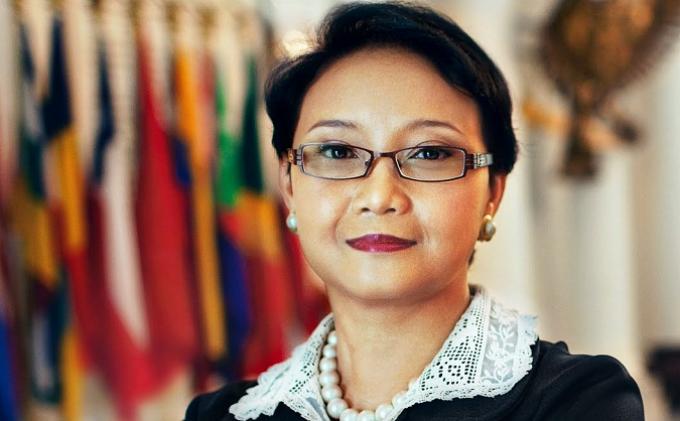

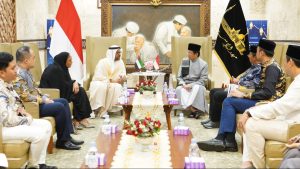


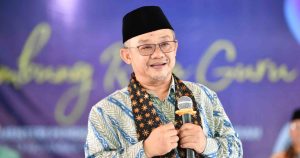
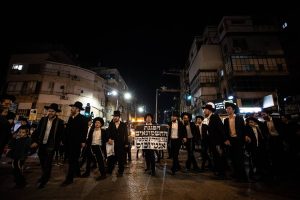
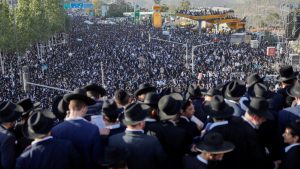



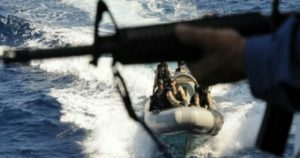
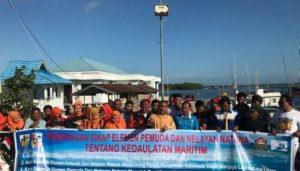

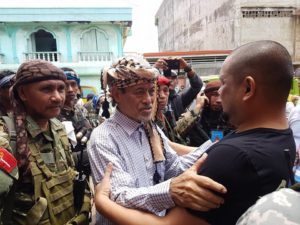







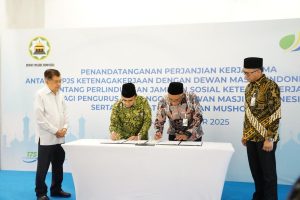

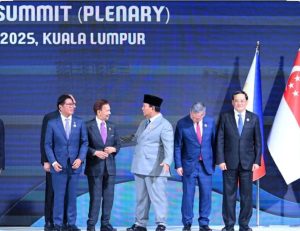
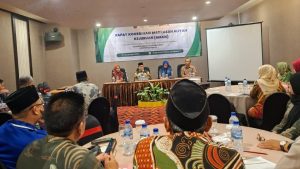





 Mina Indonesia
Mina Indonesia Mina Arabic
Mina Arabic